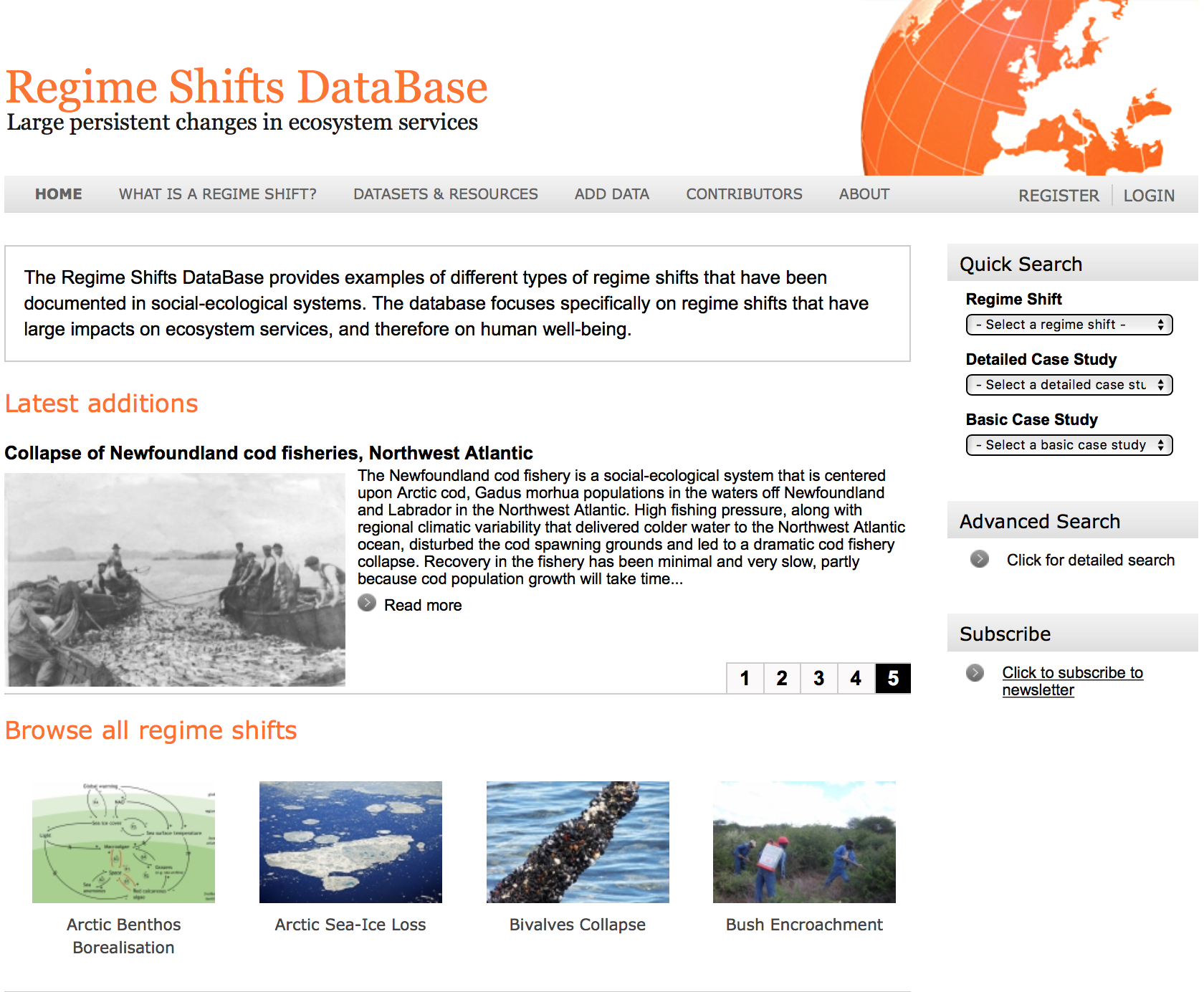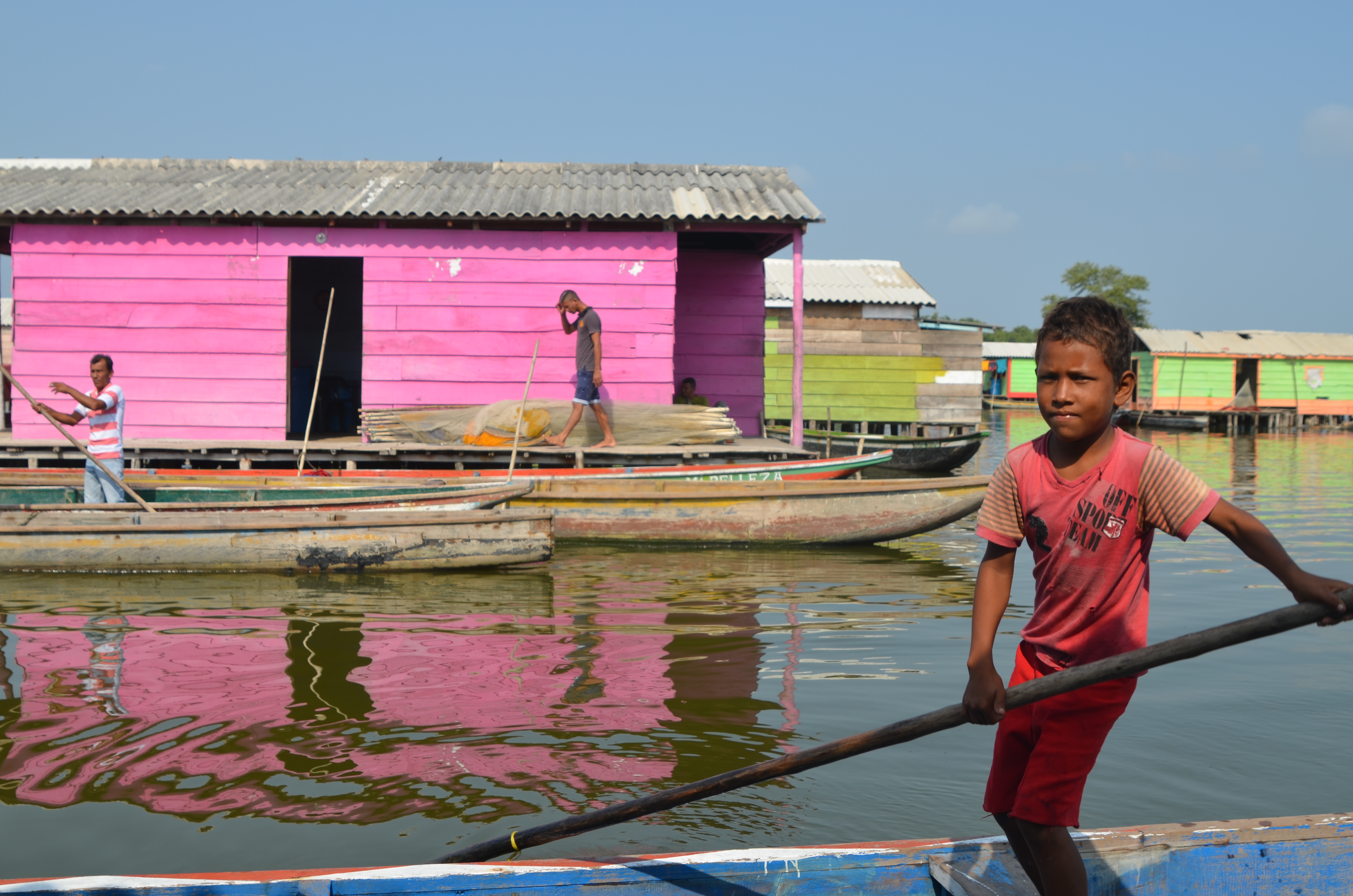
Regime shifts, tipping points, and the arts



slides: juanrocha.se/presentatioins/beckmans
Outline
What are regime shifts? and how do we compare them?
A bit of theory and history about tipping points
What are their main drivers and impacts?
How people behave when facing thresholds?
1. What are regime shifts?
Forest to savanna
Regime shifts are large, abrupt and persistence critical transitions in the function and structure of (eco)systems
Coral transitions
Regime shifts are large, abrupt and persistence critical transitions in the function and structure of (eco)systems
Fisheries collapse
Regime shifts are large, abrupt and persistence critical transitions in the function and structure of (eco)systems



Same atoms but organized differently. It change the structure and function of the system
1. … how do we compare regime shifts?
Regime Shifts Database
- To provide a high quality synthesis of different types of regime shifts in SES
- To facilitate comparison
- Focus: regime shifts that have large impacts on ecosystem services i.e. matter to people
- Target audience: Scientist, assessment processes, lecturers, students, practitioners, policy-makers
- Regime shifts database:
- >30 generic regime shifts
- >300 case studies (>1000 papers reviewed)
- Impact ecosystem services.
- Evidence of feedbacks.
- Persists time frame relevant for society.
2. A bit of theory and history about tipping points
Regime shifts & tipping points
“Large, persistent (and usually abrupt) shifts in the structure and function of a system”
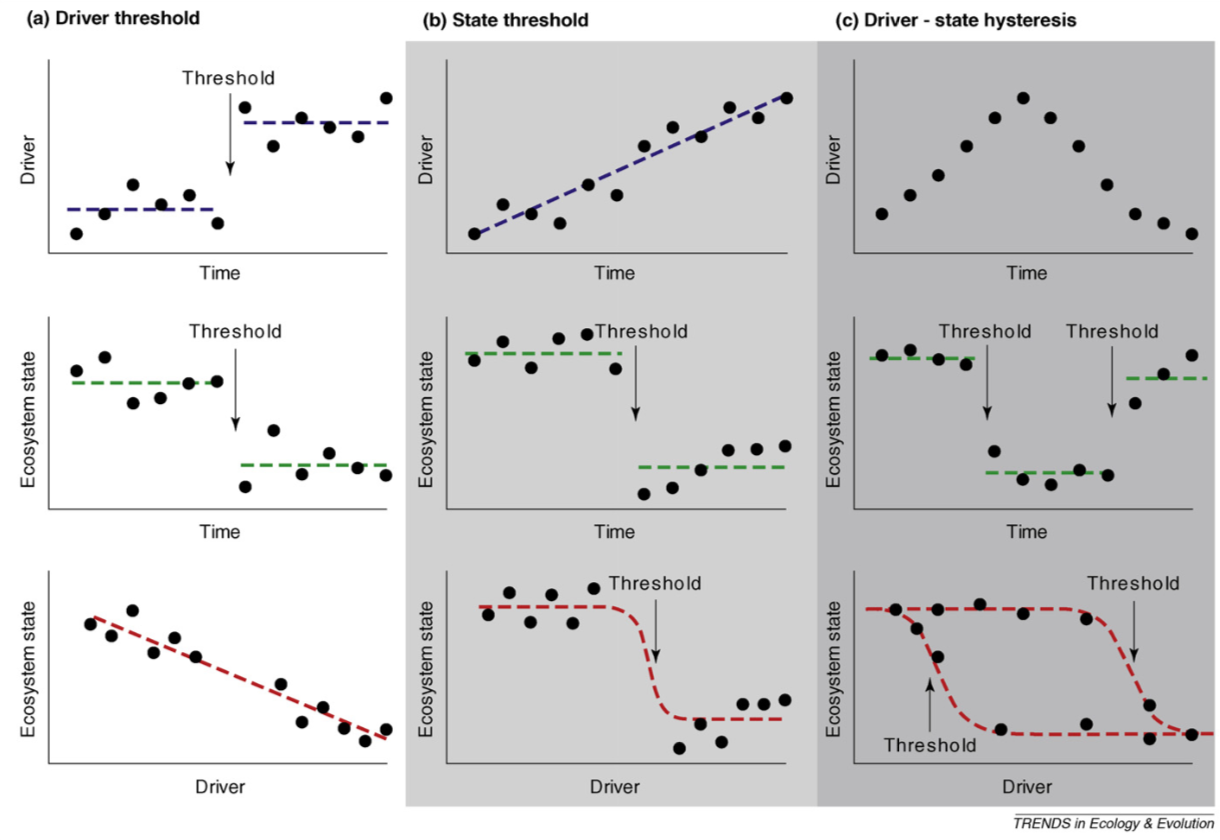
Andersen, J. et al. Trends Ecol Evol. (2009).
Abruptness affects the capacity to adapt to changes
Why are regime shifts important?
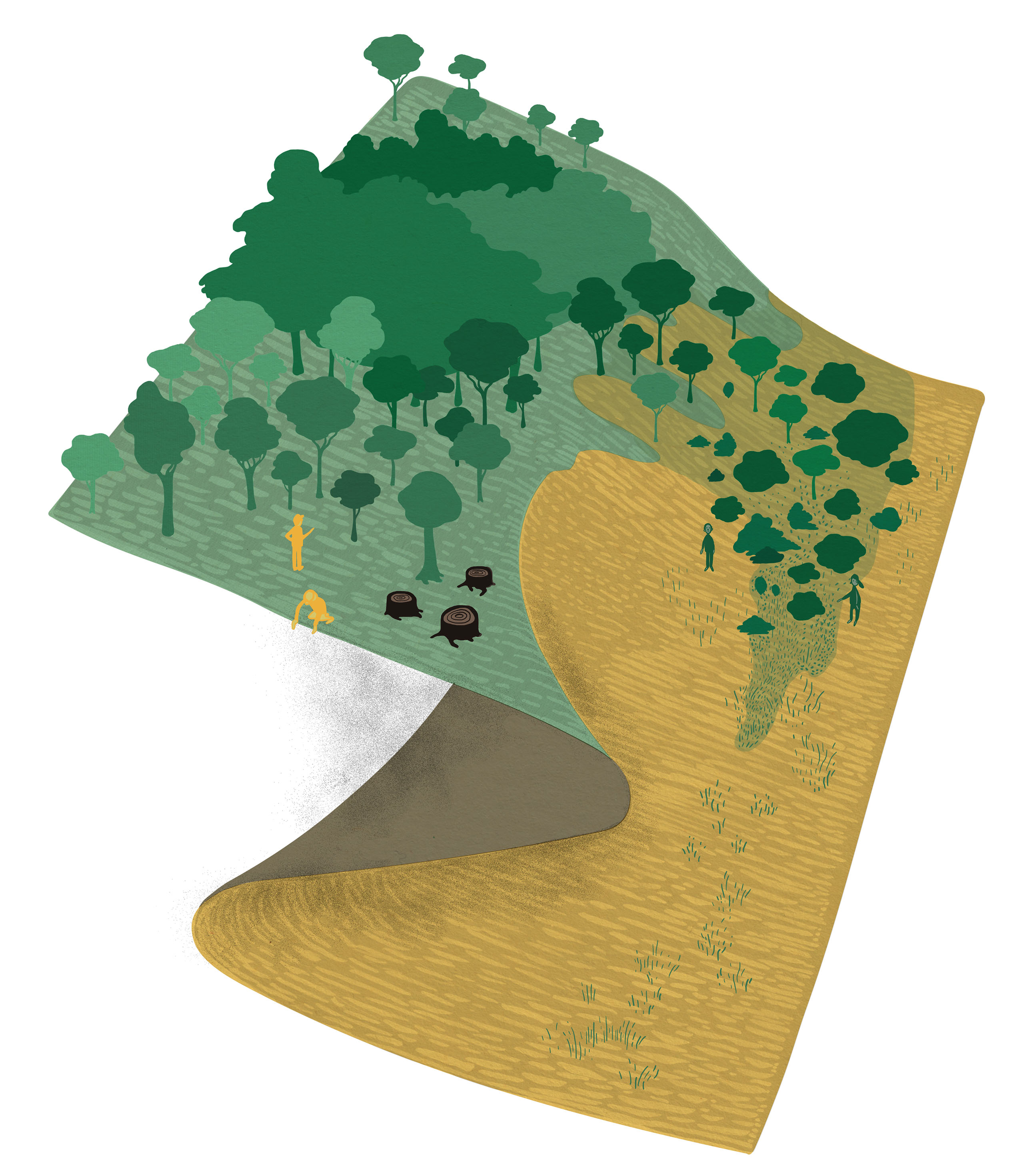
- Reduce the benefits people get from nature
- Difficult to anticipate and hard and costly to reverse
- Difficult (unethical) to perform experiments
- Often studied in isolation
- How are different regime shifts interconnected?
History in Ecology
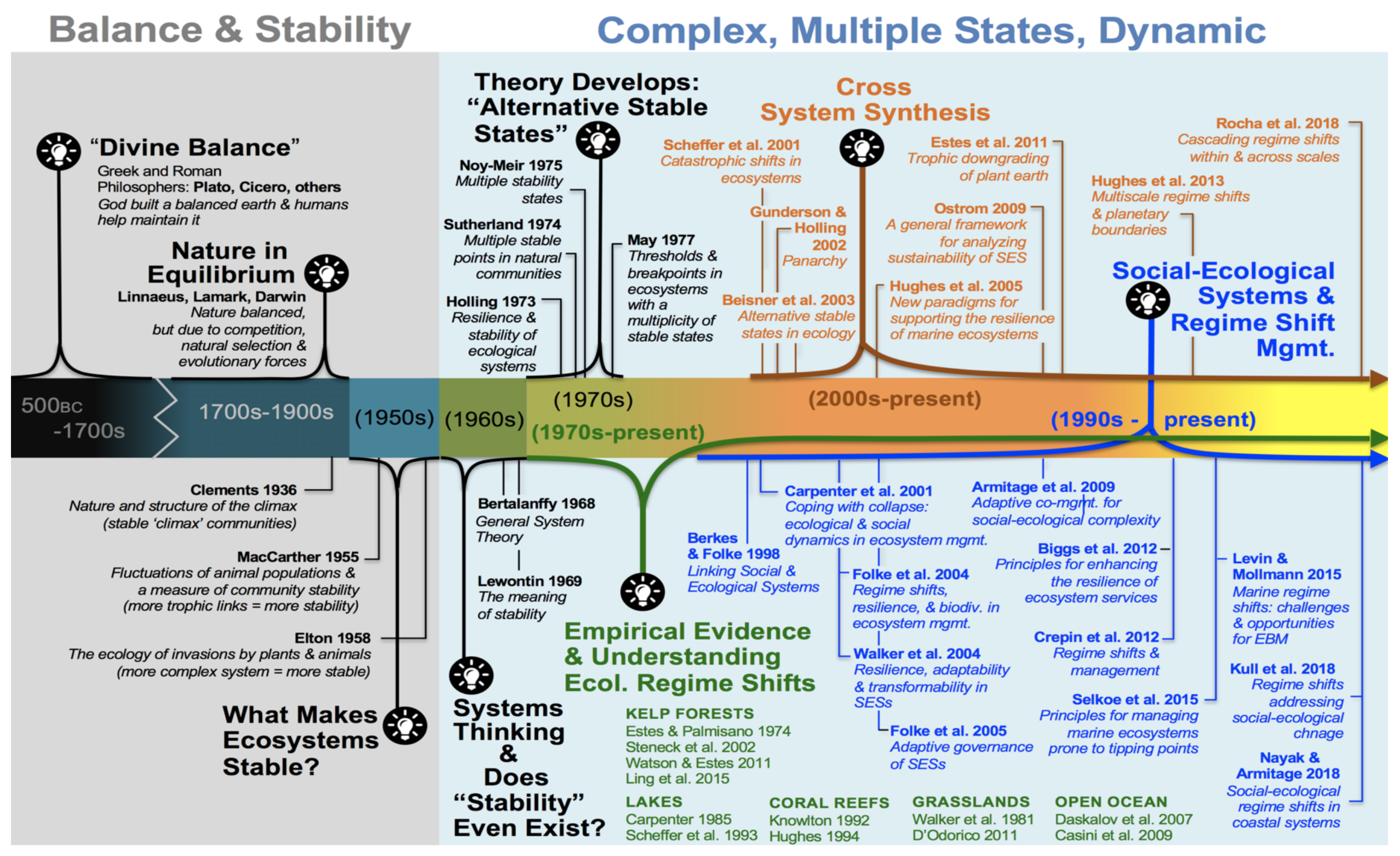
Figure by Jenn Burt
History outside Ecology

Henri Poincaré, 1854-1912
- 1886: Poincaré found bifurcations
- Poverty traps (1950’s -> 2019)
- Segregation (1970’s)
- Physics, Chemestry (e.g. climate)
- Medicine (e.g. cancer)
- Linguistics
Ricard Sole, Phase Transitions
Marten Scheffer, Critical Transitions
History in the Arts

Salvador Dalí (1904-1989)
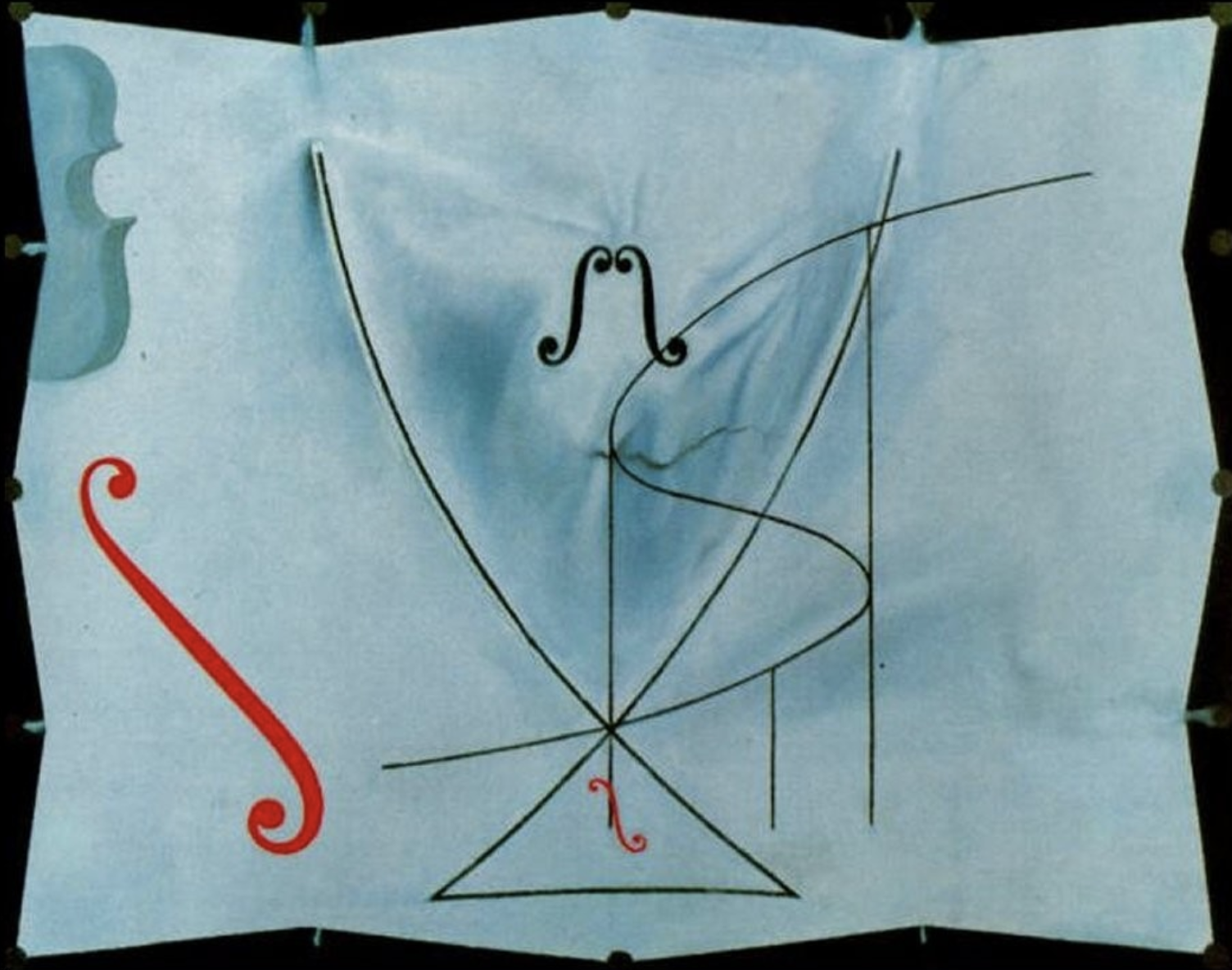
The Swallowtale, 1983
Catastrophically creative: Salvador Dalí and Maths
3. What are their main drivers and impacts?
Drivers
- Drivers are nested in non-random clusters
- Food production, climate change, and urbanization are the main drivers globally
- Targeting well studied drivers wont be enought to avoid regime shifts
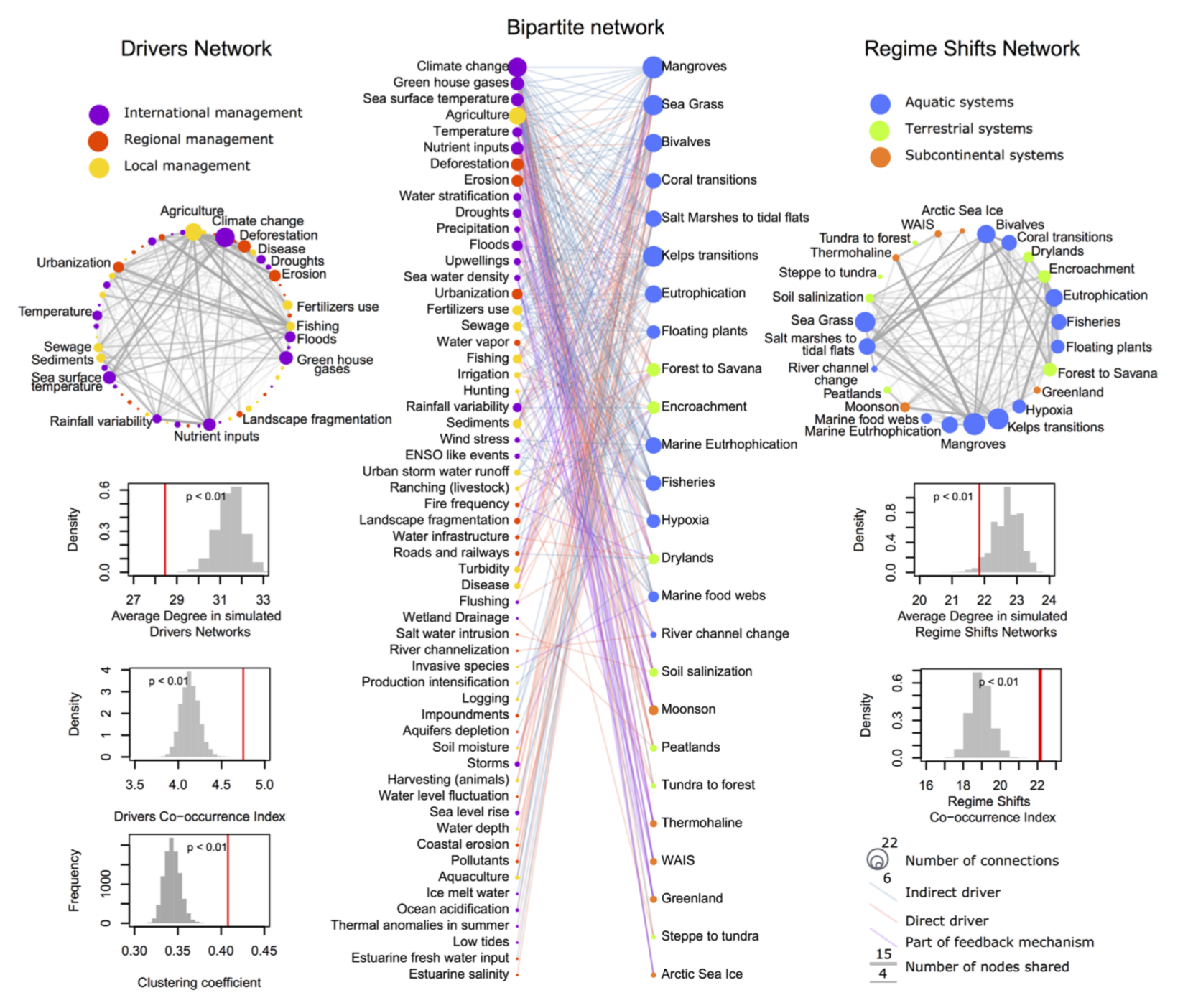
Impacts and management
- Food production related drivers, coastal development and climate change are the most important drivers
- Impacts: fisheries, biodiversity, nutrient cycling, water purification.
- Aesthetic values and recreation!
- Managing strategies that target bundles of variables that typically co-occur together, even if not monitored.
4. How people behave when facing thresholds?
Rocha et al. Cooperation in the Face of Thresholds, Risk, and Uncertainty
- Regime shifts in marine environments
- Fisheries collapse
- Mangroves collapse
- Coral transitions
- Coastal eutrophication
- Hypoxia
- Potential impacts on society
- ~50M people depend on small-scale fisheries
- Mostly in developing countries
- Previous research:
- WEIRD people
- Lab experiments
- Predicts negative relationship between uncertainty and cooperation
- CPR games: static and dynamic games shows uncertainty ↓ cooperation
- Public good games: threshold impact and location uncertainty ↓ cooperation
- Critical role of communication
Method: Framed field experiment
- 256 participants from 4 fishing communities
- Largely depend on natural resources as main source of income
- History of regime shifts:
- Mangroves collapse (1980s -90s)
- Hypoxia events and fish deadzones
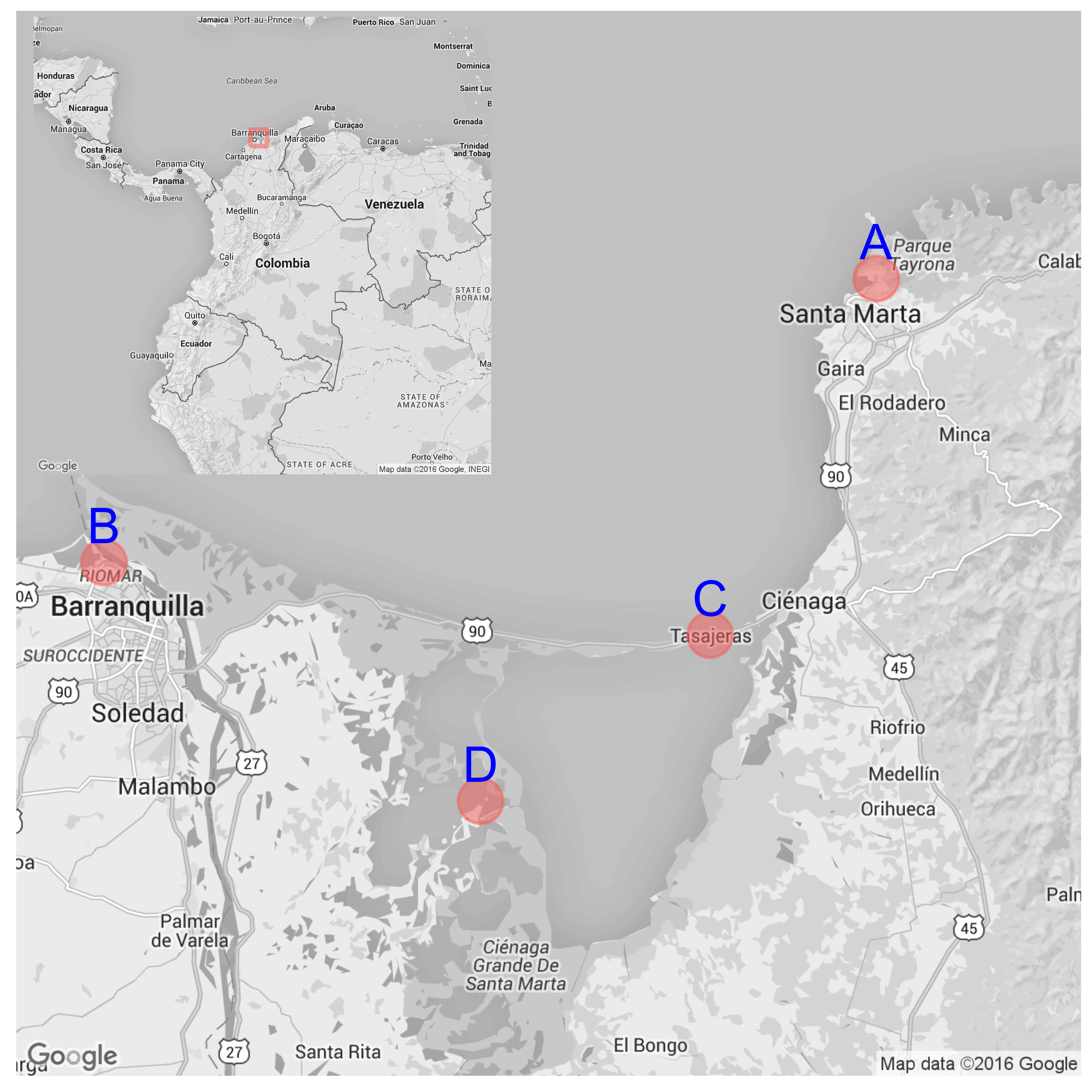
History of regime shifts
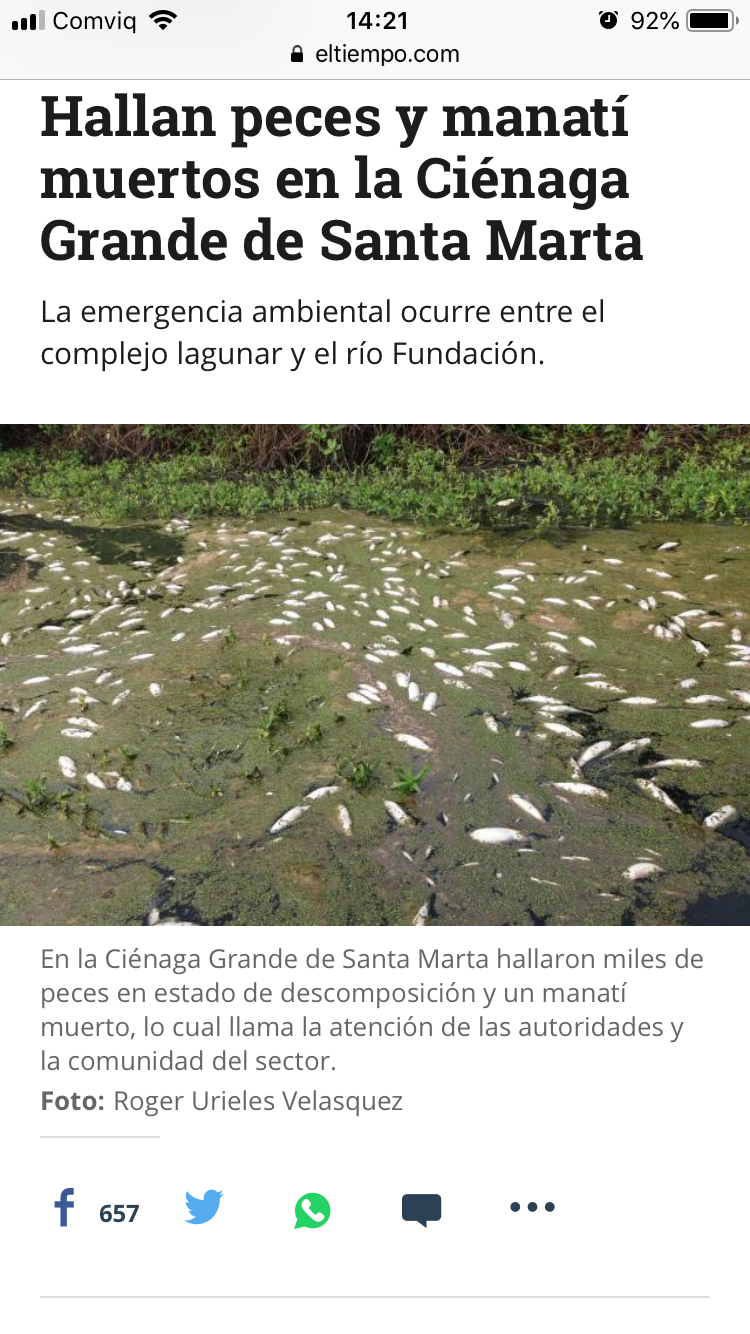
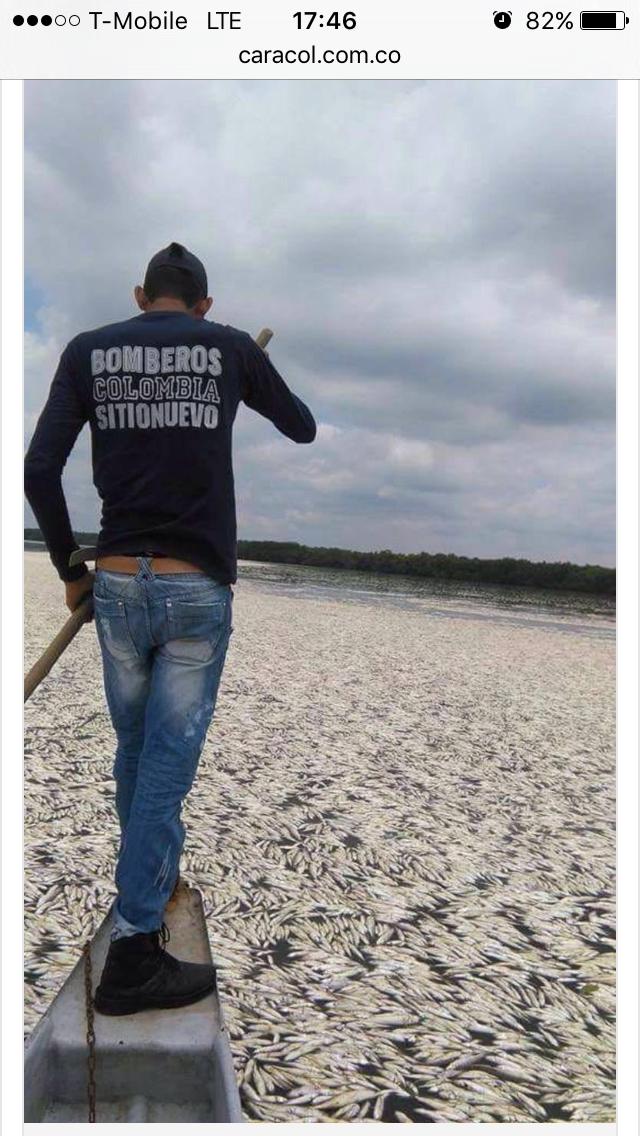
- 256 fishers groups of 4 players
- Communication allowed
- Threshod: 100% probability of climate event
- Risk: 50% probability
- Uncertainty: 10-90% probability
Fishermen facing thresholds fish less
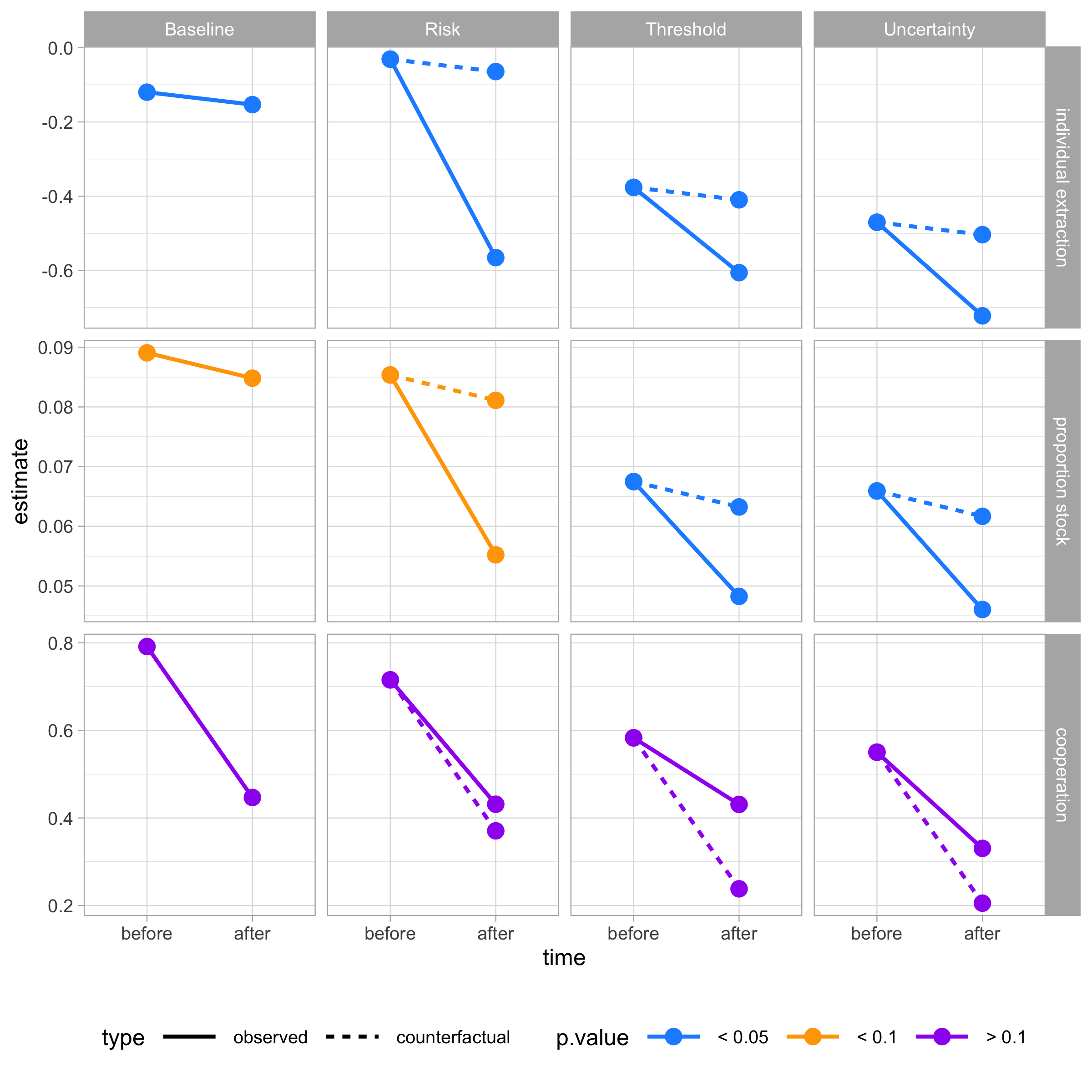
Rocha et al. Cooperation in the Face of Thresholds, Risk, and Uncertainty
It’s harder to coordinate under treatments, but agreements increase the probability to coordinate and react to lower stock sizes by reducing fishing preasure. Agreements also reduce the variance of extraction and the variance of cooperation. Changes in fishing effort depends on treatments while changes in cooperation depends on context.
Lessons
- Fishermen facing thresholds fish less – they take care of the resources
- By reducing fishing effort or keeping close to the social optimal people do cooperate. However, cooperation by itself is not affected by our treatments, it seems to be driven more by personal and group dynamics.
- If the existence of threshold effects already triggers cooperative behavior in natural resource users, then communicating their potential effects on ecosystems and society is more important that quantifying the precise point at which ecosystems tip over. Specially because such thresholds are hard to observe, measure, and they change over time.
What have we learnt today:
What are regime shifts? and how do we compare them?
Biggs, et al. 2018. Ecology & SocietyWhat are their main drivers?
Rocha et al. 2015. PlosOneHow do we manage them in aquatic systems?
Rocha et al. 2015. Phil. Trans. R. Soc BCan regime shifts be interconnected?
Rocha et al, 2018. ScienceHow people behave when facing thresholds?
Rocha et al. 2019 SSRN preprint
Tack!
Questions?
email: juan.rocha@su.se
twitter: @juanrocha
slides: juanrocha.se/slides/Beckmans
Stockholm Resilience Centre
Subscribe to our newsletter at www.stockholmresilience.org/subscribe





